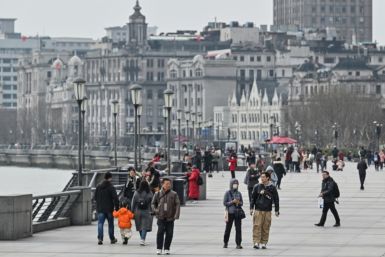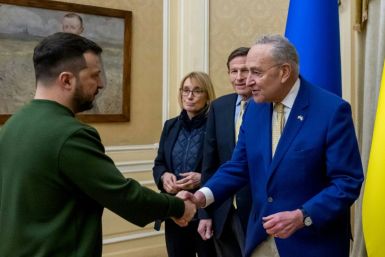Egypt Crisis: Reconciliation Not in the Offing; Morsi Group Not in Interim Gov't
With a number of cabinet appointments made by the interim government, there is a strong feeling that former President Mohammed Morsi's Muslim Brotherhood will be left out of the new government.
Many Egyptians feel that alienating the conservative group would result in a cyclical process that would lead to more violence in the future.
Mr. Morsi has announced he will not take part in a government that is backed by the military.
Many diplomats including President Barrack Obama and European leaders with an interest in the region have said that Mr. Morsi be released from military custody. He has not been seen after he was placed on house arrest, by the leaders of Egypt's military.
A spokesperson for the State Department has issued several statements saying that Morsi arrest is not in line with the proposed plan for new and free elections.
Meanwhile, Egyptian judiciary sources say that a public prosecutor has frozen assets of 14 Islamic leaders, including members of the Muslim Brotherhood.
General Adbel Fattah al-Sisi, the military chief who toppled the first democratically elected leader of Egypt, Mr. Morsi said that no group would be excluded from participating in Egyptian politics: "Every political force... must realise that an opportunity is available for everyone in political life and no ideological movement is prevented from participating," General Sisi said in a BBC News report.
The general who spoke for the first time since Mr. Morsi was ousted said that an army backed government would pave the way as a 'road map' for a civilian government.
Even with the army's backing, there has been a strong show of protest and support for the ousted leadership, accompanied by violence and bloodshed across Egypt.
"Reconciliation is not something that I expect anytime soon," said Hisham Kassem, a student of Egyptian Islamist movements and a newspaper publisher. "It's going to be like 'You play by the rules or [get] out of the process,' The Wall Street Journal reported.






